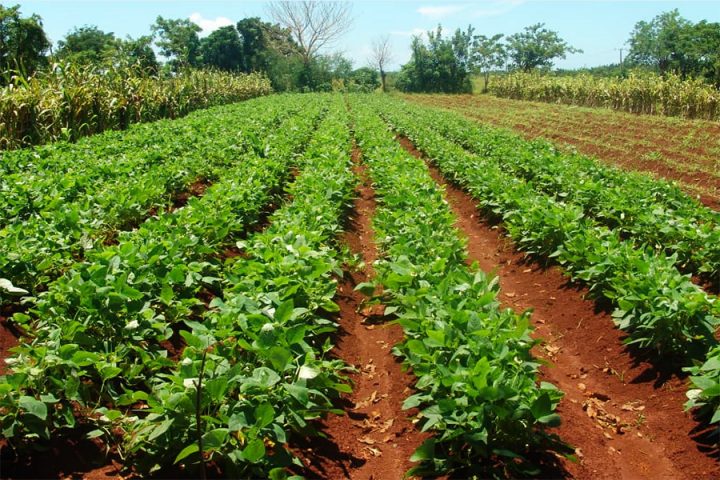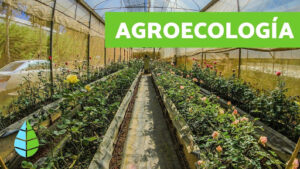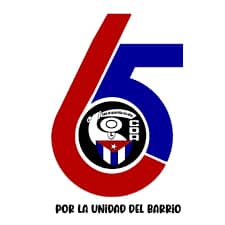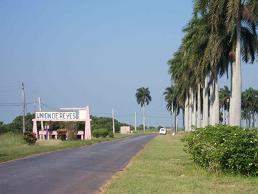Matanzas scientists evaluate the importance of sulfur in agroecological management.

As part of this study, the function of these elements for the prevention of pests was documented, as well as their effect on mites and ticks that host animals.


Scientists from the renowned Indio Hatuey Experimental Station of Pastures and Forages, in the province of Matanzas, developed a research with the objective of evaluating the importance of sulfur as an essential mineral in the agroecological management of agricultural and livestock systems.
The team composed of specialists Milagros de la Caridad Milera Rodríguez, Osmel Alonso Amaro, Jesús Manuel Iglesias Gómez and Rafael Medina Sala consulted more than 80 scientific publications on sulfur and sulfocalcic broth in agricultural systems to support their theory.
As part of this study, they documented the role of these elements in the prevention of pests, as well as their effect on mites and ticks that host animals.
Likewise, sulfur has great nutritional value for ruminants and can be used as a soil pH reducer, fertilizer, pesticide and medicine for plants and animals
Specialists agree that its use is necessary because 33 percent of the soils in Cuba present a state of degradation ranging from moderate to high as a result of erosion, salinization, compaction, acidification and chemical contamination, which also causes the loss of biodiversity.
Despite the fact that Cuba has large amounts of sulfur, very little is used today, so it is essential to promote its use in agroecological soil management, due to the high percentage of areas with various affectations because it facilitates the production of healthy and abundant food at low cost, without causing damage to the environment, and thus contribute significantly to human welfare.
Written by Yunielys Moliner Isasi.




